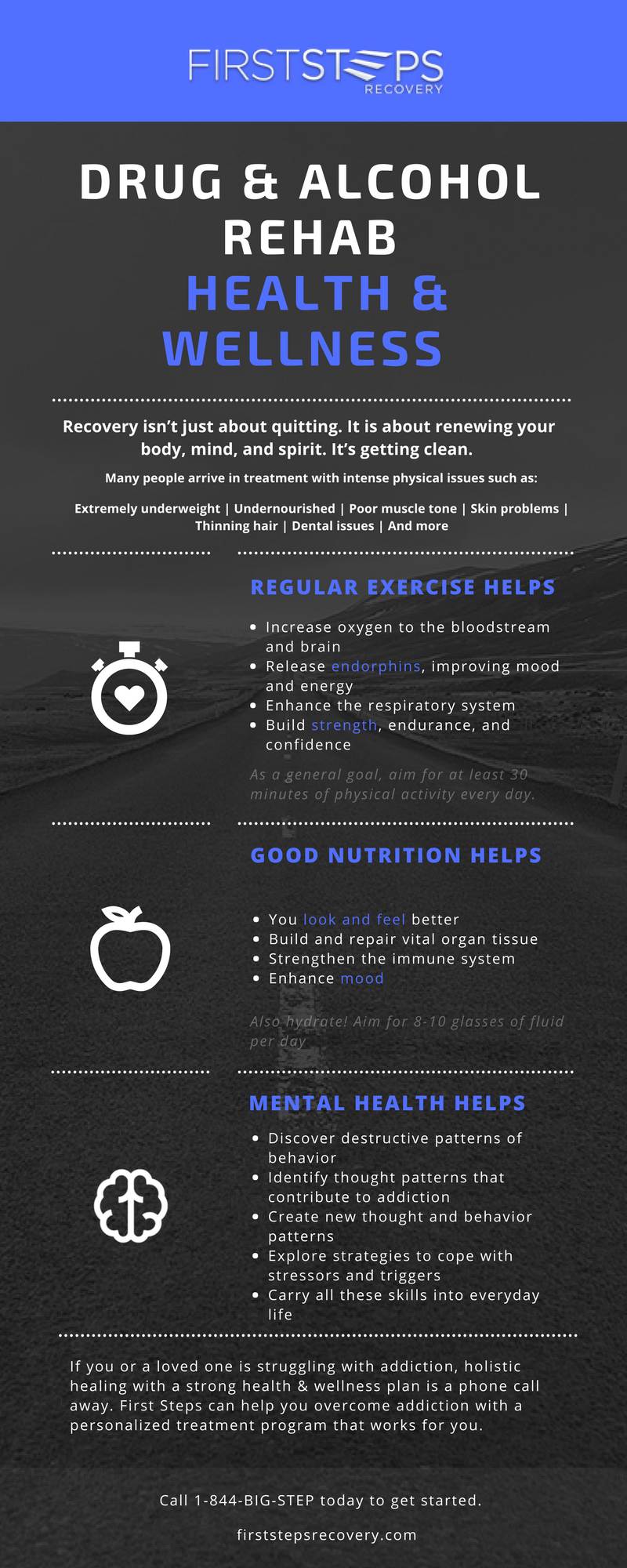Coping With Triggers And Cravings After Drug Rehabilitation
Coping With Triggers And Cravings After Drug Rehabilitation
Blog Article
Write-Up Produced By-Iversen Jansen
You've completed Drug rehabilitation and taken a substantial action in the direction of a healthier way of life. Now, facing look at more info and cravings post-rehab can be a difficult trip. Exactly how do you navigate via these minutes without jeopardizing your development? Recognizing the strategies to handle triggers and yearnings is essential in keeping your soberness. Let's explore reliable ways to handle these difficulties and protect your newly found commitment to living a drug-free life.
Identifying Triggers and Cravings
To successfully handle your triggers and yearnings, start by recognizing the circumstances or emotions that result in your wish to use. Take a moment to assess what circumstances or sensations trigger your yearnings. Is it stress, dullness, social situations, or certain places? By determining these triggers, you can much better prepare yourself to handle them.
Triggers can be both interior, such as negative feelings or physical discomfort, and exterior, like being around individuals who use substances or checking out a particular place.
Pay attention to patterns in your yearnings-- are they much more constant at specific times of the day or in feedback to details occasions?
Building Healthy Coping Strategies
Determining your triggers and desires is the first step in the direction of structure healthy coping techniques to handle them successfully. When you recognize what situations, emotions, or people cause your desires, you can start developing a plan to address them.
One efficient technique is to change negative behaviors with positive ones. For Discover More , if stress triggers yearnings, practicing leisure techniques such as deep breathing or reflection can assist. Participating in exercises such as exercise or opting for a stroll can also be a terrific method to deal with food cravings.
Another key facet of building healthy and balanced coping strategies is to create an encouraging setting. Border yourself with individuals that understand your journey and can supply support and liability. It is essential to establish borders with people who may not sustain your recovery.
In addition, establishing a regimen that consists of healthy behaviors like routine workout, proper nourishment, and enough rest can aid you remain on track and decrease the possibility of experiencing triggers and cravings.
Looking For Support and Liability
Developing a network of encouraging individuals that can offer support and hold you liable is essential in managing triggers and desires efficiently. Seek pals, relative, or a support system that comprehend your journey and can offer guidance when you face challenging situations.
Having a person to talk to throughout minutes of lure can make a considerable distinction in remaining on track with your recovery. Responsibility partners can help you stay concentrated on your objectives and remind you of the reasons why you chose to look for help to begin with.
They can also help in producing an organized strategy to manage triggers and yearnings, such as establishing alternative activities or dealing systems to change the urge to use drugs. Routine check-ins with your support group can offer confidence and motivation, helping you really feel less separated in your healing journey.
Final thought
Bear in mind, acknowledging and coping with triggers and yearnings after Drug rehabilitation is an essential element of keeping sobriety.
By determining your triggers, building healthy coping techniques, and seeking assistance from liked ones or support groups, you can navigate via tough minutes and remain concentrated on your soberness goals.
Keep in mind, you aren't alone in this journey, and with the right devices and support, you can conquer lures and live a meeting, drug-free life.
Keep solid and maintain progressing.
